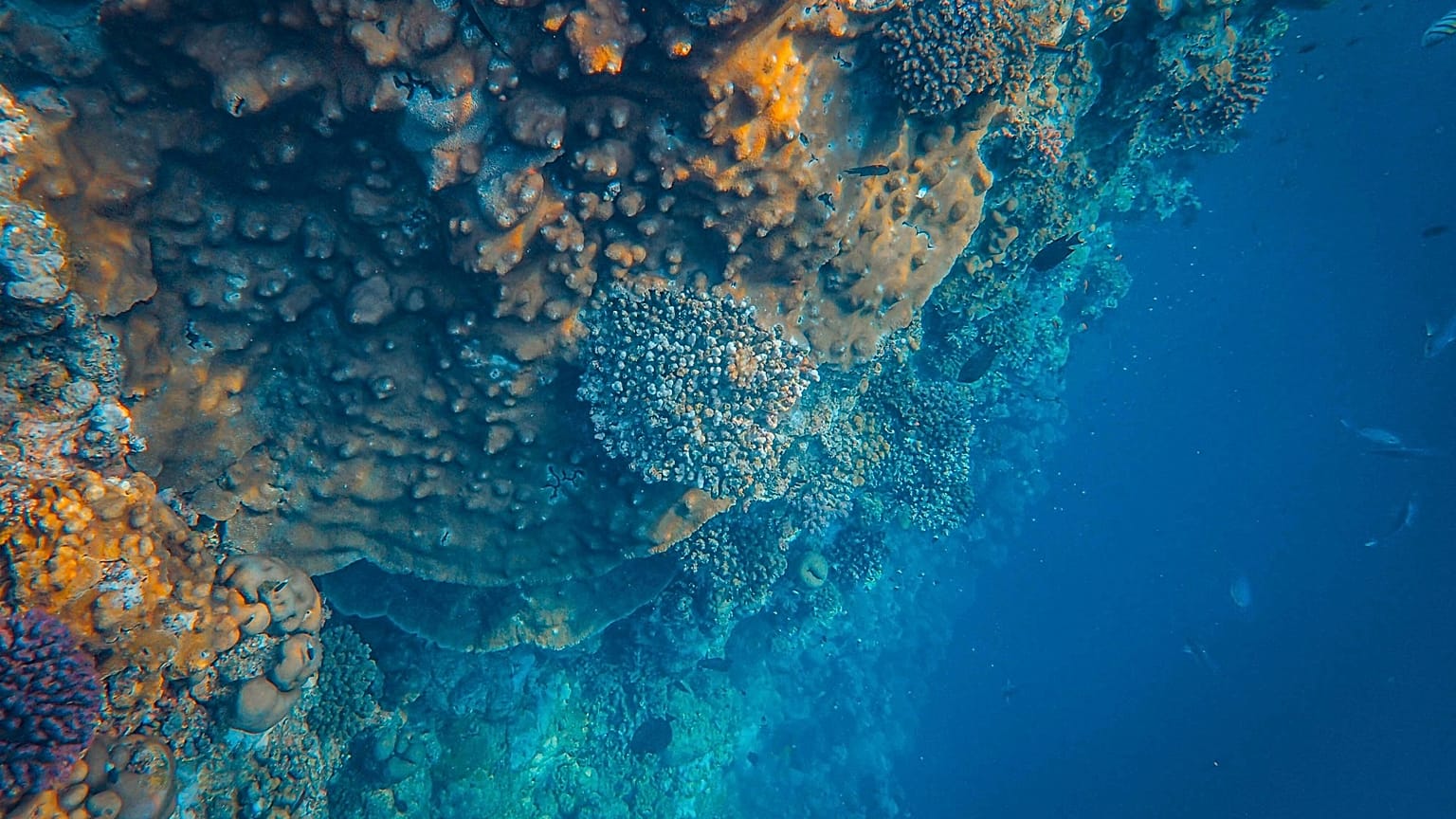A new study looks at the impacts of marine heatwaves on the ocean’s food web and processes.
Marine heatwaves can have a hidden impact on microscopic organisms in the ocean, a new study reveals.
 ADVERTISEMENT
ADVERTISEMENT
 ADVERTISEMENT
ADVERTISEMENT
The research, published in Nature Communications, demonstrates how excessive temperatures can transform the ocean’s food webs, and affect the ecosystem’s ability to fight climate change.
Warming can also impact the ocean’s carbon cycle, which is an important process for reducing carbon in the atmosphere.
Marine heatwaves are getting worse
Marine heatwaves are prolonged warming events that can last from weeks to years. The Earth is experiencing an unprecedented surge in marine heatwaves, potentially driving the oceans to a “tipping point”. This summer, Portugal saw its highest sea temperature yet. The Mediterranean also saw record-breaking sea surface temperatures.
The new study observed the Gulf of Alaska over more than a decade, assessing how microscopic organisms fared during marine heatwaves. During this time, the Gulf experienced two notable waves, one lasting from 2013 to 2015 and another from 2019 to 2020.
They found that these heatwaves impacted plant-like phytoplankton. These disruptions affected the ocean’s ability to transport carbon to the deep sea, and provide a buffer against climate change.
“Disrupting the ocean’s biological carbon pump”
The ocean plays an important role in carbon cycling, absorbing about a quarter of carbon dioxide emitted from human activities.
It functions as a “conveyor belt,” bringing carbon from the surface to the deep ocean, explains lead author Mariana Bif of the Department of Ocean Sciences at the Rosenstiel School. Microscopic organisms that make up the base of the ocean food web, like bacteria and phytoplankton, are a key part of this process.
But the heatwaves studied disrupted their flow.
"Our research found that these two major marine heatwaves altered plankton communities and disrupted the ocean's biological carbon pump,” says Blif. “The conveyor belt carrying carbon from the surface to the deep sea jammed, increasing the risk that carbon can return to the atmosphere instead of being locked away deep in the ocean.”
What else can marine heatwaves do?
The ocean can have an impact on extreme events on land. Marine heatwaves can make storms, droughts, and hurricanes worse. Extreme heat can affect other marine communities, such as coral reefs and clownfish.
Researchers emphasised the need for more ocean monitoring to fully understand how heatwaves will impact ecosystems, fisheries, and climate.
“This research marks an exciting new chapter in ocean monitoring,” says coauthor Ken Johnson, a scientist at Monterey Bay Aquarium Research Institute. “To really understand how a heatwave impacts marine ecosystems and ocean processes, we need observation data from before, during, and after the event.”

















